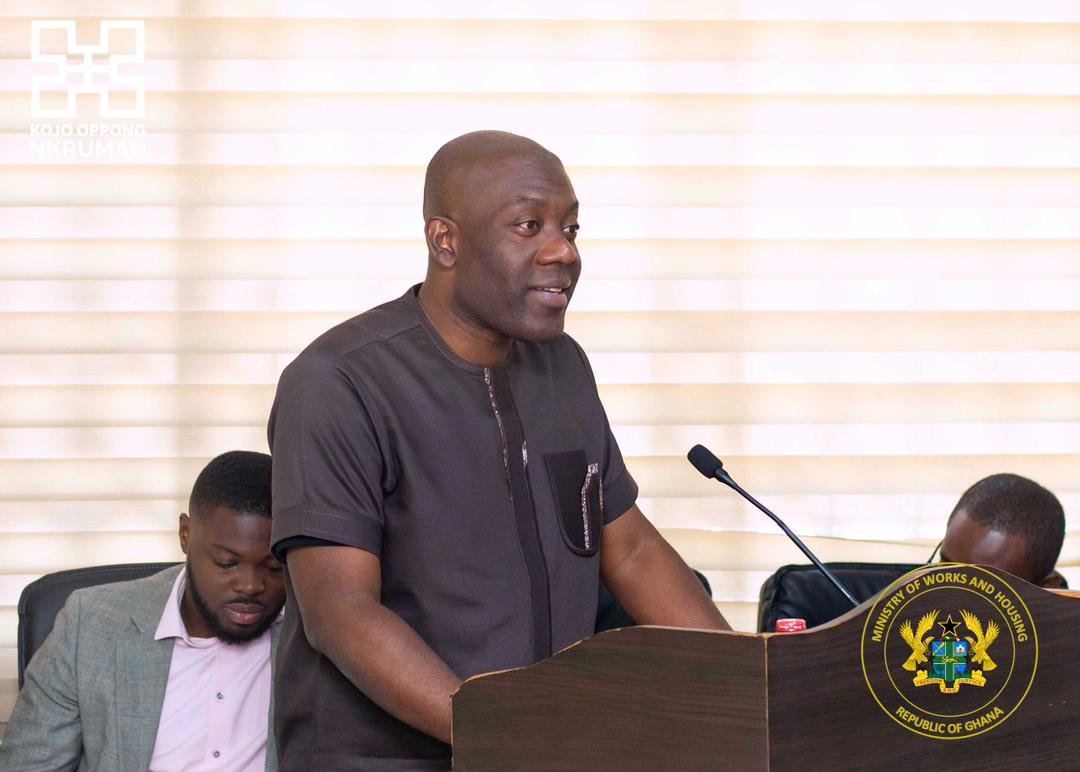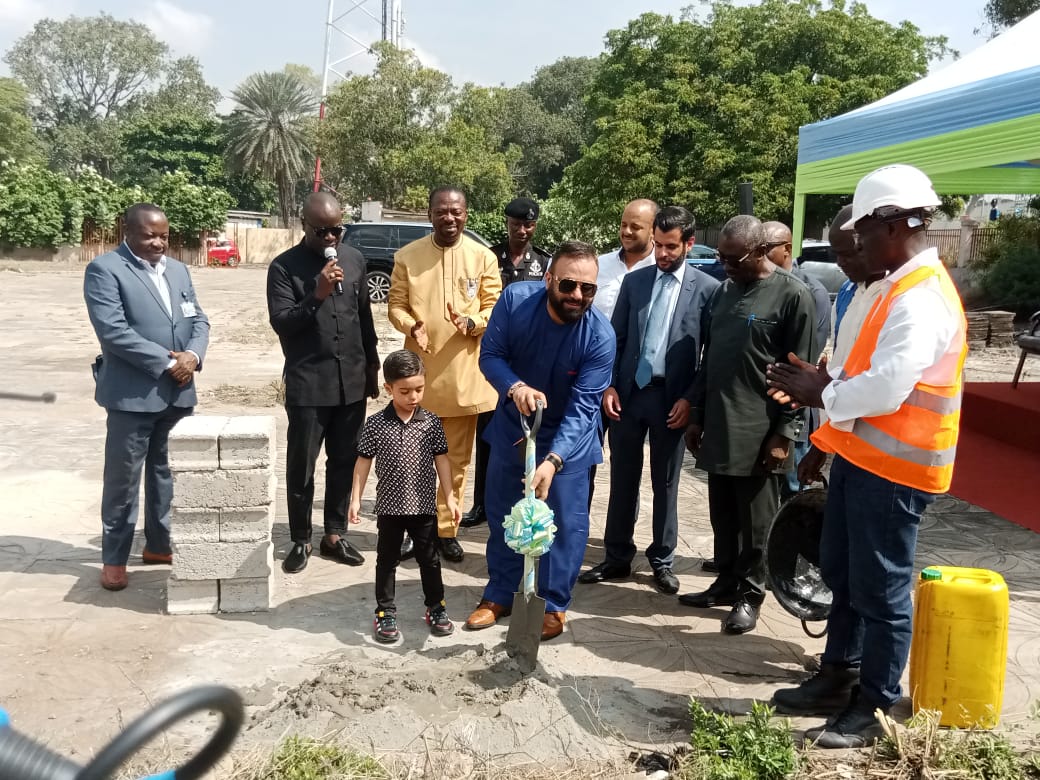
Mr Rockson Dogbegah, the Construction sector chair for the Association of Ghana Industries, has commended the Ministry for Works and Housing for initiating steps to revamp the defunct Bank for Housing and Construction.
Mr Dogbegah told the GNA that the move would help to reduce some of the challenges of finance within the housing and construction sector in the country.
The Minister for Works and Housing, Mr Samuel Atta- Akyea recently said the reinstatement of the Bank for Housing and Construction would help tackle the housing deficit in the country by creating opportunities for both public and private sector workers to obtain realistic mortgage arrangements with relatively lower interest rates as compared to the commercial banks.
The move, he said, will provide some respite to Ghanaian workers to own their own houses long before they retire.
Mr Dogbegah said one of the biggest challenges that indigenous construction companies in Ghana faced was the unwillingness of most banks to extend credit facilities to the construction sector, particularly to contractors working on government contracts.
The reason is that government, which is the major client was not able to meet the timelines set in the contract for payments and in majority of cases takes several months to pay, he said.
“Again, in most cases, the government is also unwilling to pay interest on the delayed payments even where it is in the contract. Some indigenous contractors also sleep on their rights to enforce the conditions of contract that entitle them for compensation for fear of being victimized by their clients,” he said.
Where some bold contractors made the attempt, they were blacklisted or branded as litigants. The worse was that there was a requirement in most public procurement contracts that required contractors to indicate litigation history. That in itself, prohibited any attempt by an indigenous company to pursue the path of justice.
Mr Dogbegah while commending the government’s plans to revive the Bank for Housing and Construction, also emphasized the need for government to legislate availability of funds before projects were committed.
Also, to legislate the payment of interest on delayed payment as it was the case in other jurisdictions such as the UK, South Africa and Tanzania to create a conducive environment for developing the construction sector in Ghana and to support the agenda of transformation of the country through the private sector, he said.
GNA
Read Full Story




















Facebook
Twitter
Pinterest
Instagram
Google+
YouTube
LinkedIn
RSS